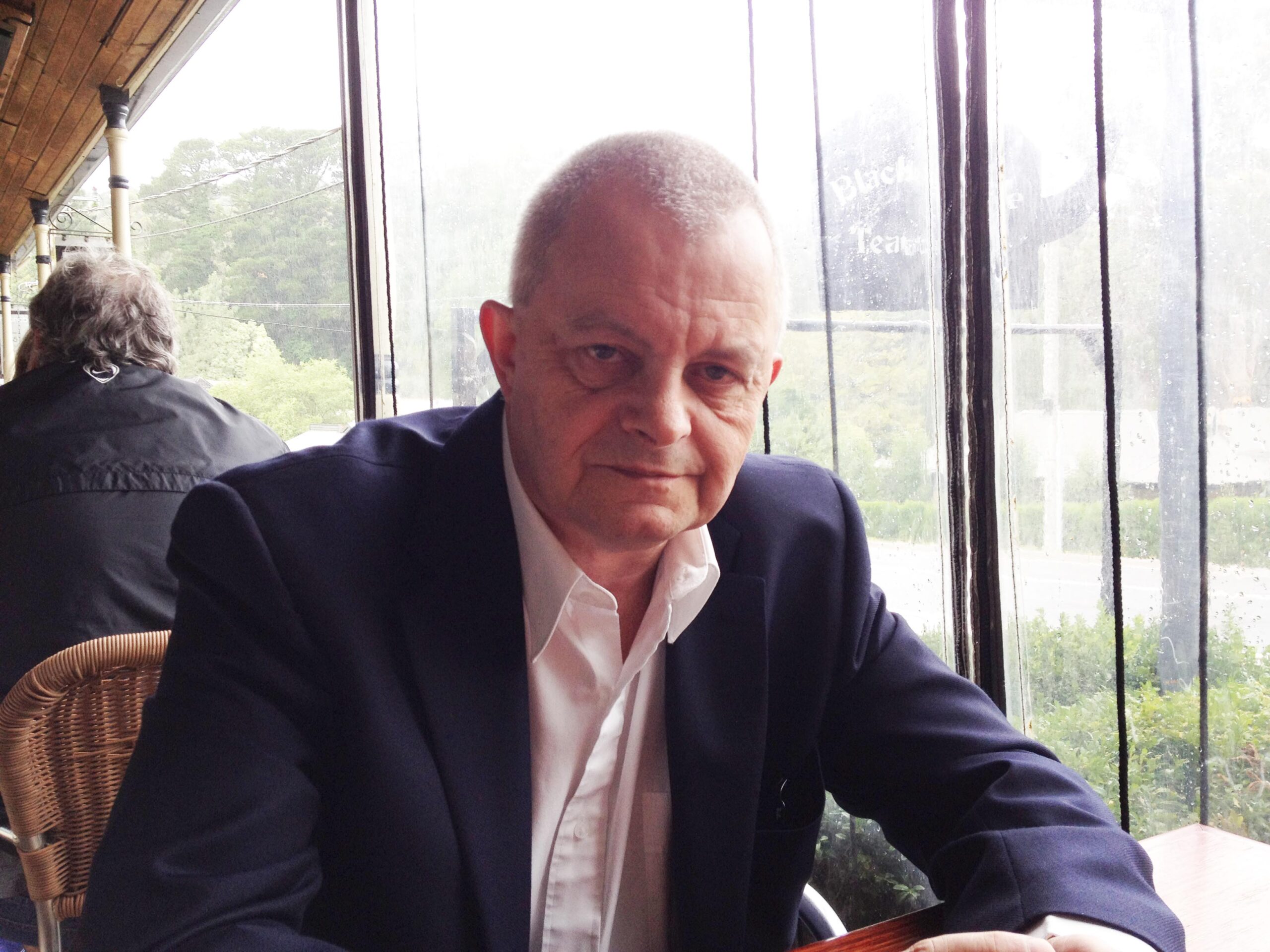Time, A Weapon of Mass Construction

‘Time is nature’s way of preventing everything happening all at once?’
Anon
It has been said that you are born with a life time ahead of you and when you die you have run out of time. In between it is a battle to get everything you want done in time.
Advertisers scream that by using their products you can save time. Yet there is no time bank in which to save it.
Did you see that car in the street speed past by? Is that time? It left point A and then, after a time, it arrived at point B. Have you ever felt that you were watching time pass you by?
Did you ever have a short nap and it seemed like an eternity while you were dreaming and when you woke only 2 minutes had past?
Have you noticed that time slows down in proportion to boredom and speeds up in proportion to enjoyment? Is time really that flexible or does it just seem to be?
And if time is money, the unemployed should be wealthy since they have so much of it and the very industrious poor since they have so little of it. A fallacy of course since everyone from the most wealthy to the abject poor all have precisely the same amount of time in a day as anyone else.
Many moons ago, when I was a young man, I worked in a factory and observed ‘Time & Motion’ experts walk around the factory at periodic intervals. They would watch an assembly worker put a widget into a thingamajig. They would watch very carefully and noted how long it took for the worker to move his arm to pick up the widget and place it on top of the thingamajig and bang it in. Place the thingamajig to his left and then reach over to his right to pick up the next widget.
Click would go the stop watch.
After a time out would come an edict that ‘placing widgets in thingamajigs will now only take 1.25 minutes.’ This became so unpopular that after a couple of years they changed their name to ‘Particle Flow Analysts’. The stop watch remained the same however. This technique of saving time because ‘time is money’ failed, not just because of union protest or because the watcher was just, watching time, but because they were making the unwitting assumption that their workers were robots and could be made to work as such.
People are not robots
So how do you manage time?
Let’s change our thinking. Let’s think not in terms of wasting time, watching time or saving time.
Let’s think instead in terms of creating time.
How do you create time?
‘I’m late … I’m late … for a very important date …’ said the white rabbit in Lewis Carroll’s Alice in Wonderland.
Can you create time? Yes you can, you will be happy to know!
The way to create time is to take control of time. That is … YOU take coof time.
How do you do that!
The answer is P.S.A.P
PRIORITIES
SCHEDULINGntrol ACTION
PREDICTION
Priorities
The first step to using time is to set priorities for the activities you have to do.
A young aspiring violinist was having trouble reaching the level she desired. ‘I just don’t have enough time to practice as much as I should. There are things to be done in the house, cleaning, laundry and I have to work’ She complained. Her teacher said, ‘Why don’t you change your priorities?’ ‘How do you mean?’ The young concert violinist asked. ‘Why don’t you practice daily first, then do your household chores. Which is more important to you?’ That young girl took her teachers advice and went on to become a first violinist in an orchestra. She rearranged her priorities.
How could you rearrange your priorities? Are you doing unimportant things as a first priority and leaving the most important matters last?
Scheduling
The second step is scheduling. Not just ordinary scheduling but creative scheduling. Now this is not like creative accounting. Creative scheduling could also be called cramming scheduling. The idea is to cram as much in a week, a day, an hour or minute as possible.
A lazy day, you have nothing to do. A good day to mow that lawn perhaps or paint that fence, write up that report for old so and so. But what do you do. Nothing!
A busy day, you have 5 appointments in the morning, a report to type up and 2 meetings to attend. How can you ever get it done? But you do. You rush around going from one meeting to another. Dash off that report, interview those five people and lo’ and behold, it’s lunch time!
What is the difference? The difference is that you were busy. When do you get the most done? When you’re busy! Time could be said to be created by action or activity. The more action or activity one pursues the more time one has. This is illustrated by the following examples.
Years ago I had a girlfriend who was one of the nicest ladies you could wish for. But she had no time. She would get up in the morning and by time lunch time she was still not ready to go out. Her kitchen was always full of unwashed dishes, clothes strewn around the apartment. Ask her to go out and she was ‘too busy’. ‘I don’t have enough time.’ She would say. Yet she did nothing. Did not have to work.
Yet what did she DO all day. I never could figure out for a long time until I realized that she had no schedule, did not complete anything she did. Oh she would start things ok, Start this, and start that. But she never finished anything. There were more incomplete activities than you could throw a stick at. She had no schedule.
Fill up your appointment book. ‘Oh I am not a sales person.’ You cry. Well you have appointments with yourself too. Do those exercises. Write that report. Eat that lunch on time. Do your study. Do this. Do that. List them all down. ‘That’s crazy I cannot do all that in a day.’ You cry. Yes you can! If you want something done give it to a busy man, turn it around. If you want to do something … get busy!
Action
You knew it would come didn’t you?
Action. Apply your schedule. Stick to it. Adhere to it like glue. Become one with your schedule.
Under action there is COMPLETE EVERYTHING YOU DO. Under no circumstances leave something undone or incomplete or unfulfilled or half done.
If an activity appears too big to be completed. break it down into smaller activities. How do you eat an elephant? One bite at a time!
There is power in this activity. It is easy to become distracted when you have a heap of things to complete and your attention is dispersed over all those incomplete activities you started but never got around to finishing.
Action is COMPLETING the actual activities on your schedule in the priority you have assigned to completion.
This is the nugget of PSAP.
YOU set the priority!
YOU work out the schedule!
YOU do the actions!
And YOU will have the prediction!
Prediction
The prediction is the result you desire and expect. It is the result of accumulation of your hard work and effort. It is the goal you fully know you will achieve as a result of PSAP. It is what you know will occur if you perform certain functions. It is not following the stars in the hope that things will work out. What if that star goes supernova?
No, it is YOUR efforts and hard work pursuing your goal using Priorities, Scheduling, Action and Prediction to knowingly attain your goals with malice aforethought!
It is what you KNOW will happen because you have followed the principles here and done the time and done the work.
It is your reward to wealth and happiness.
And it did not take that much time after all did it?


